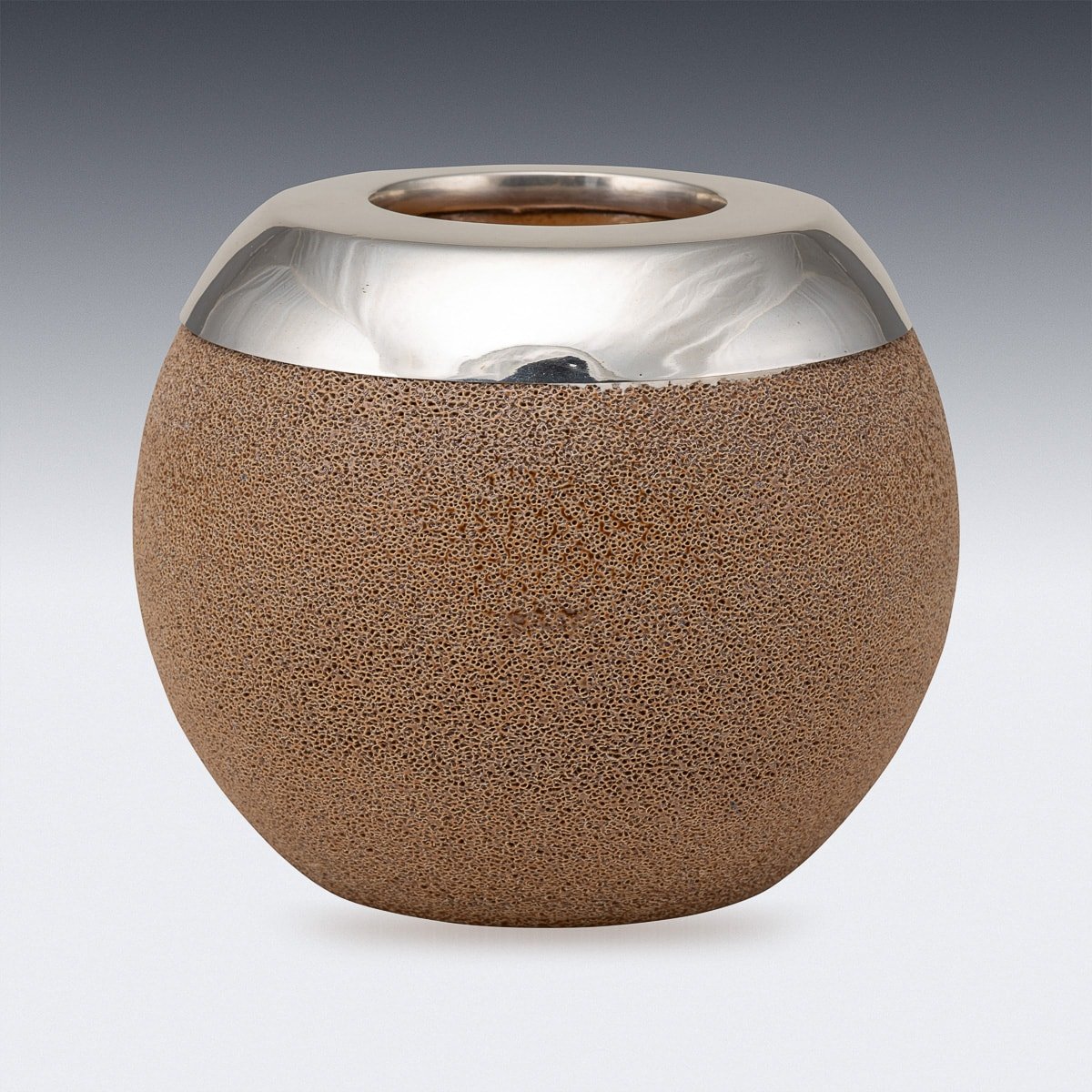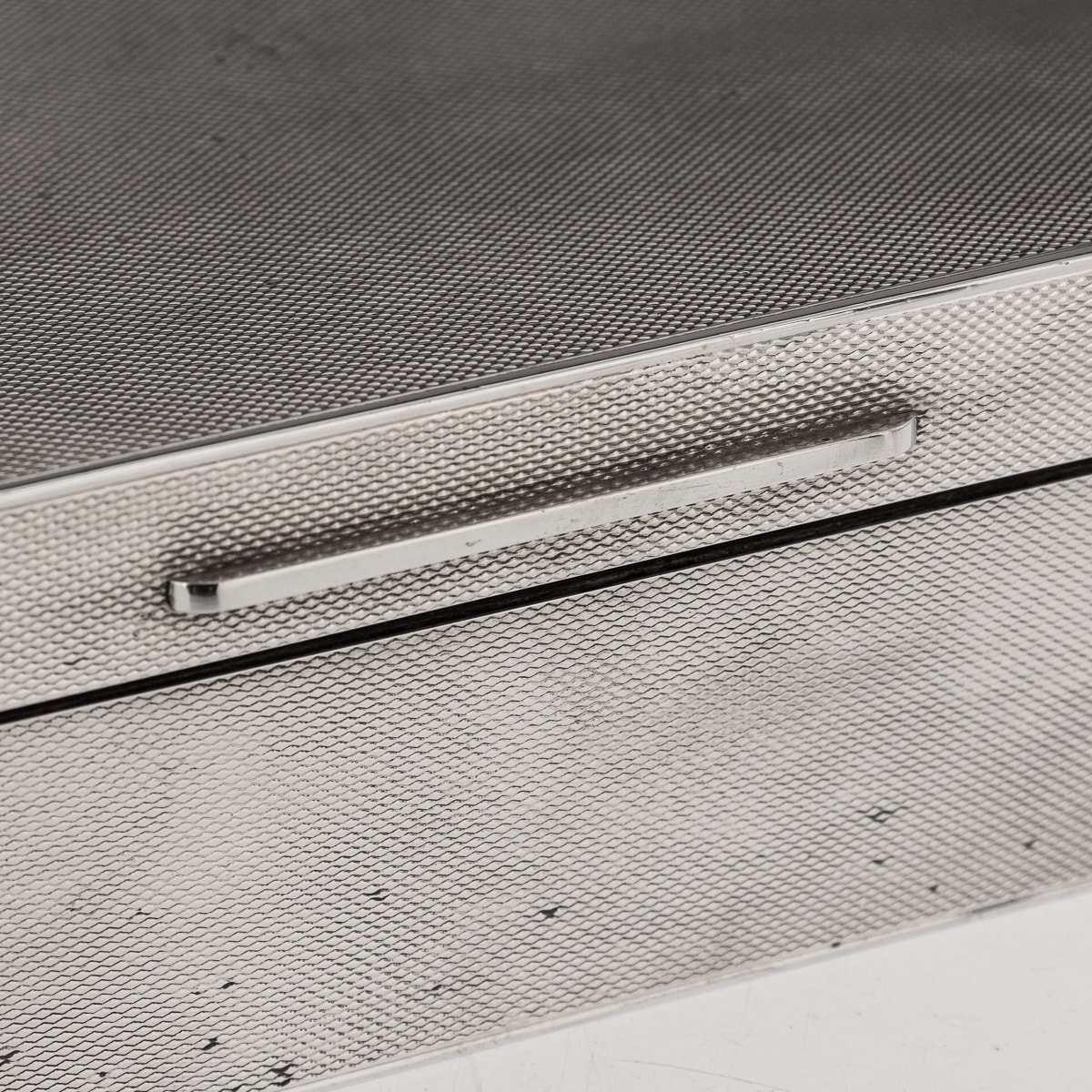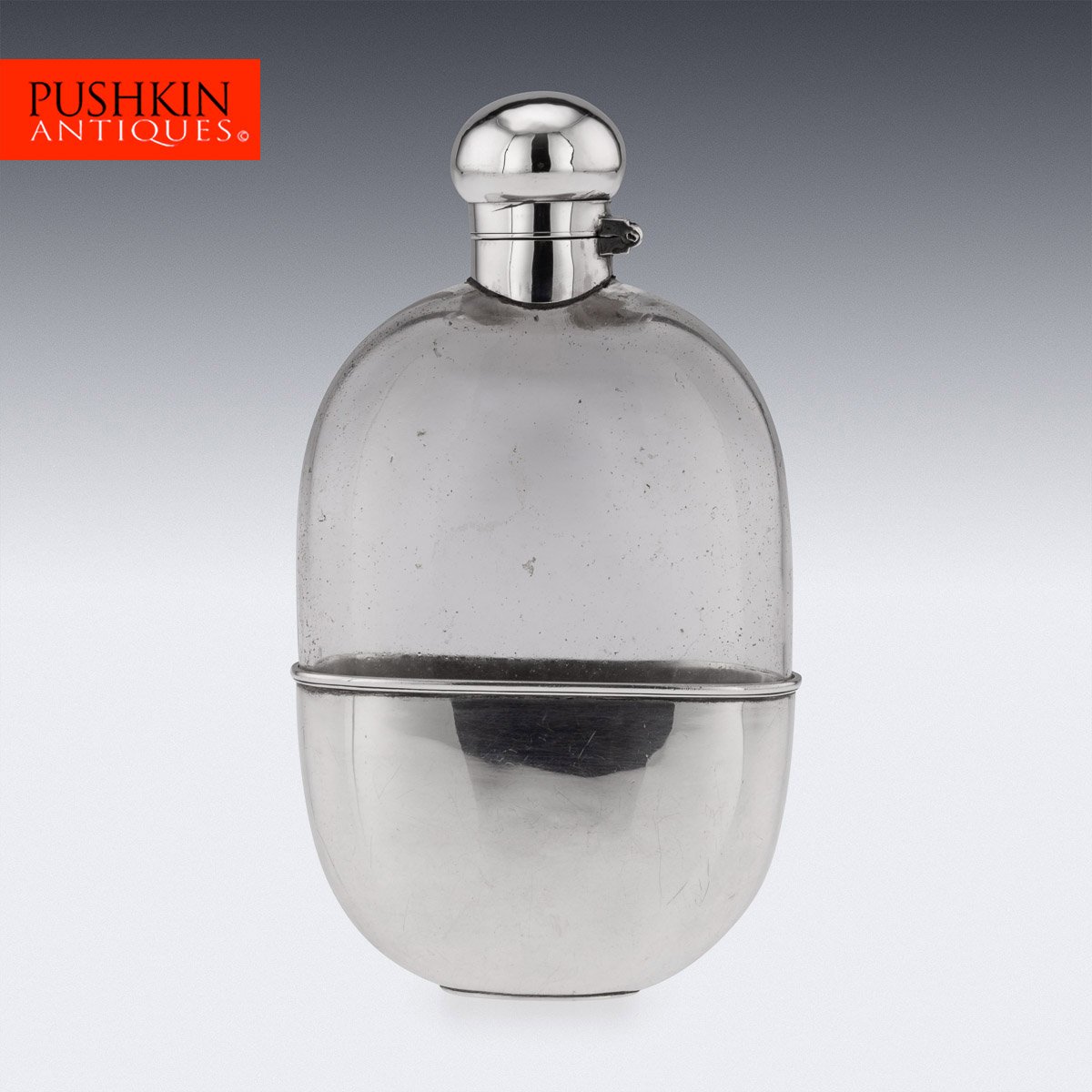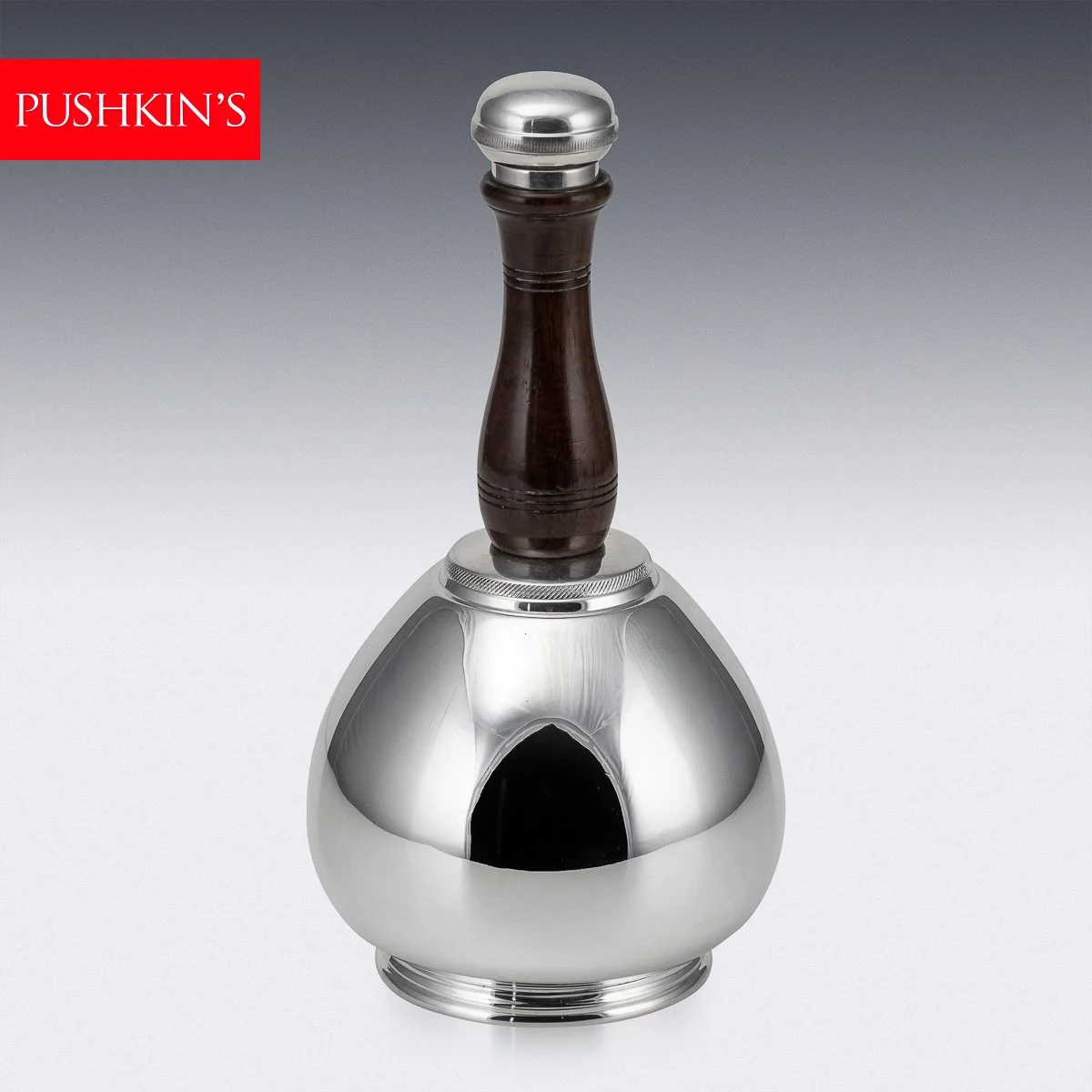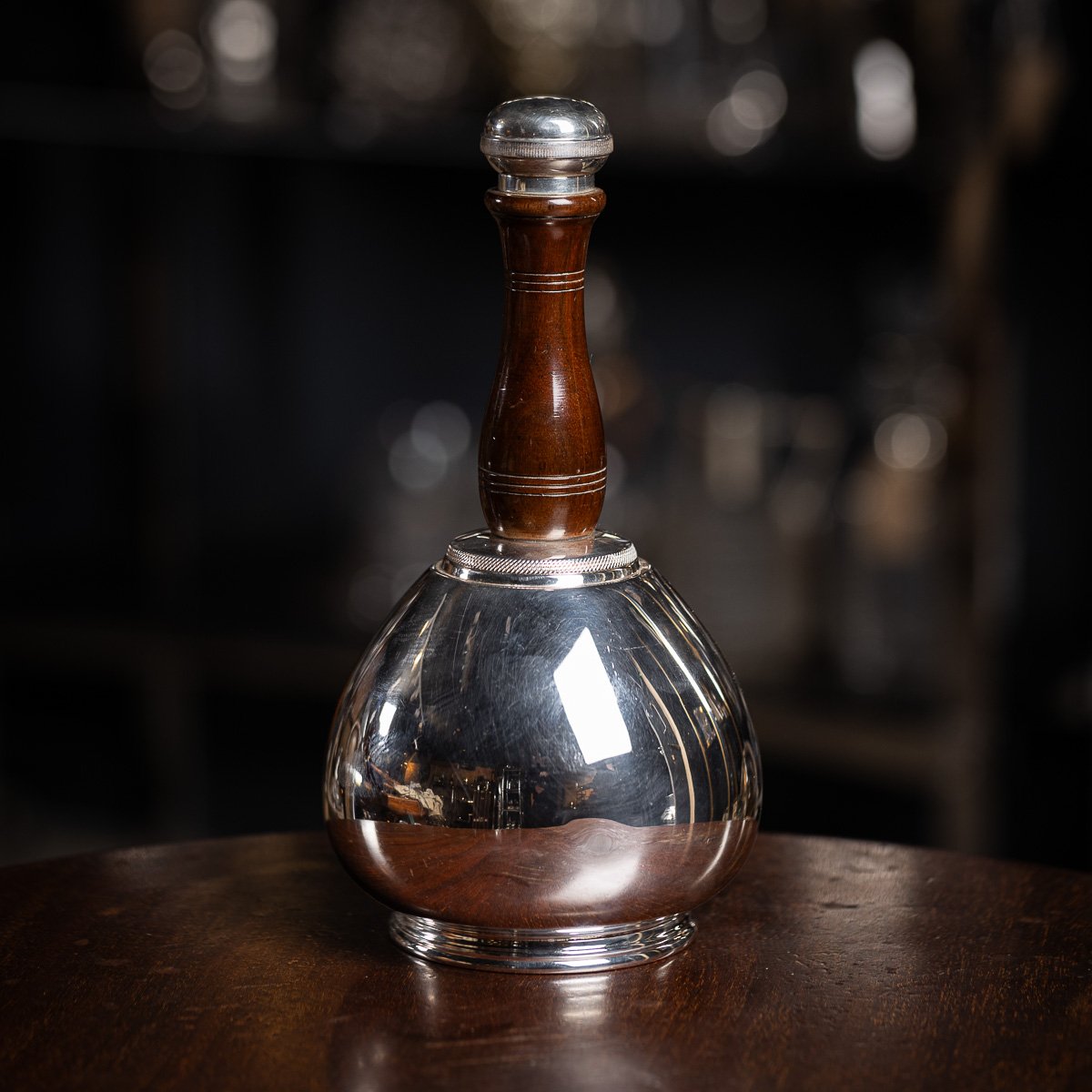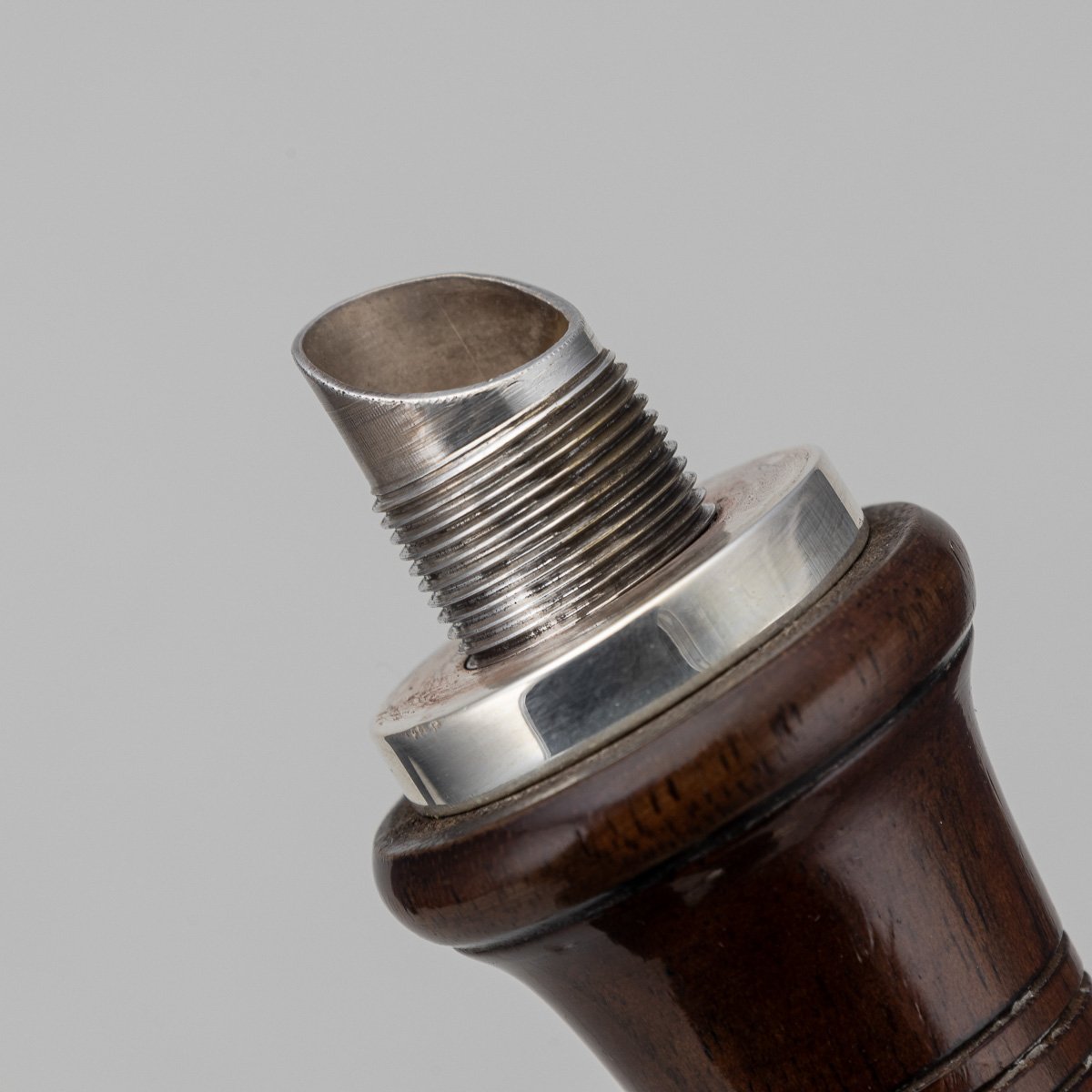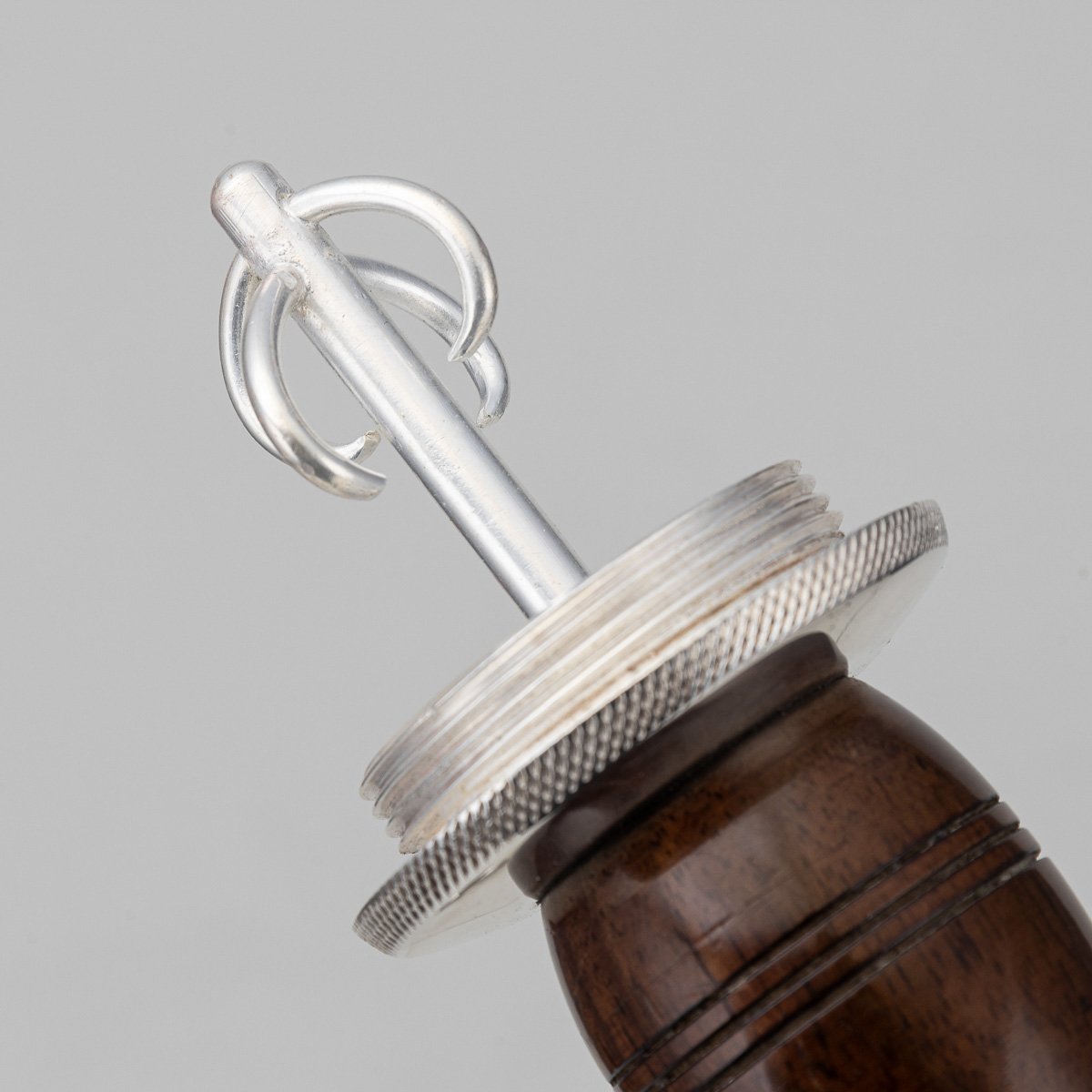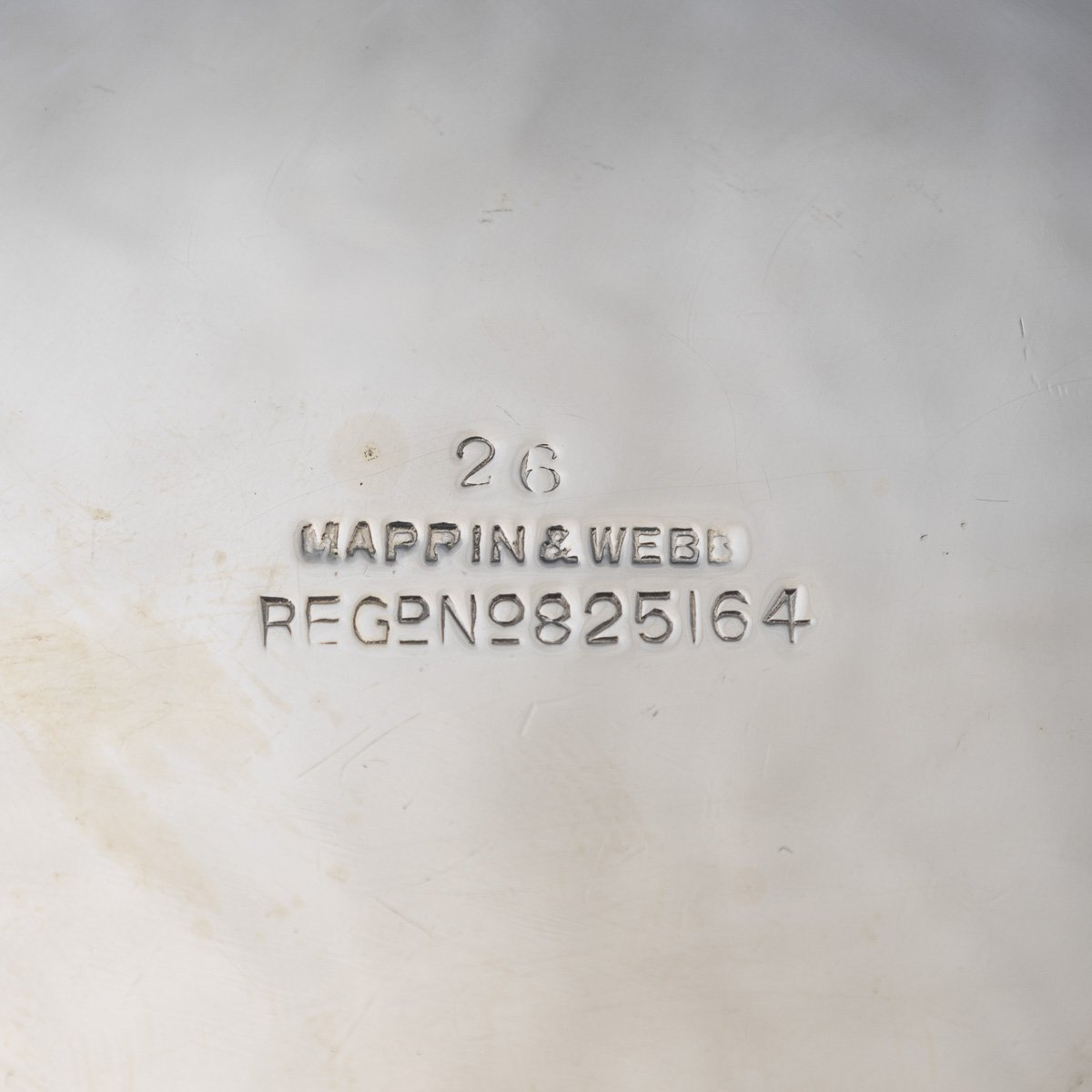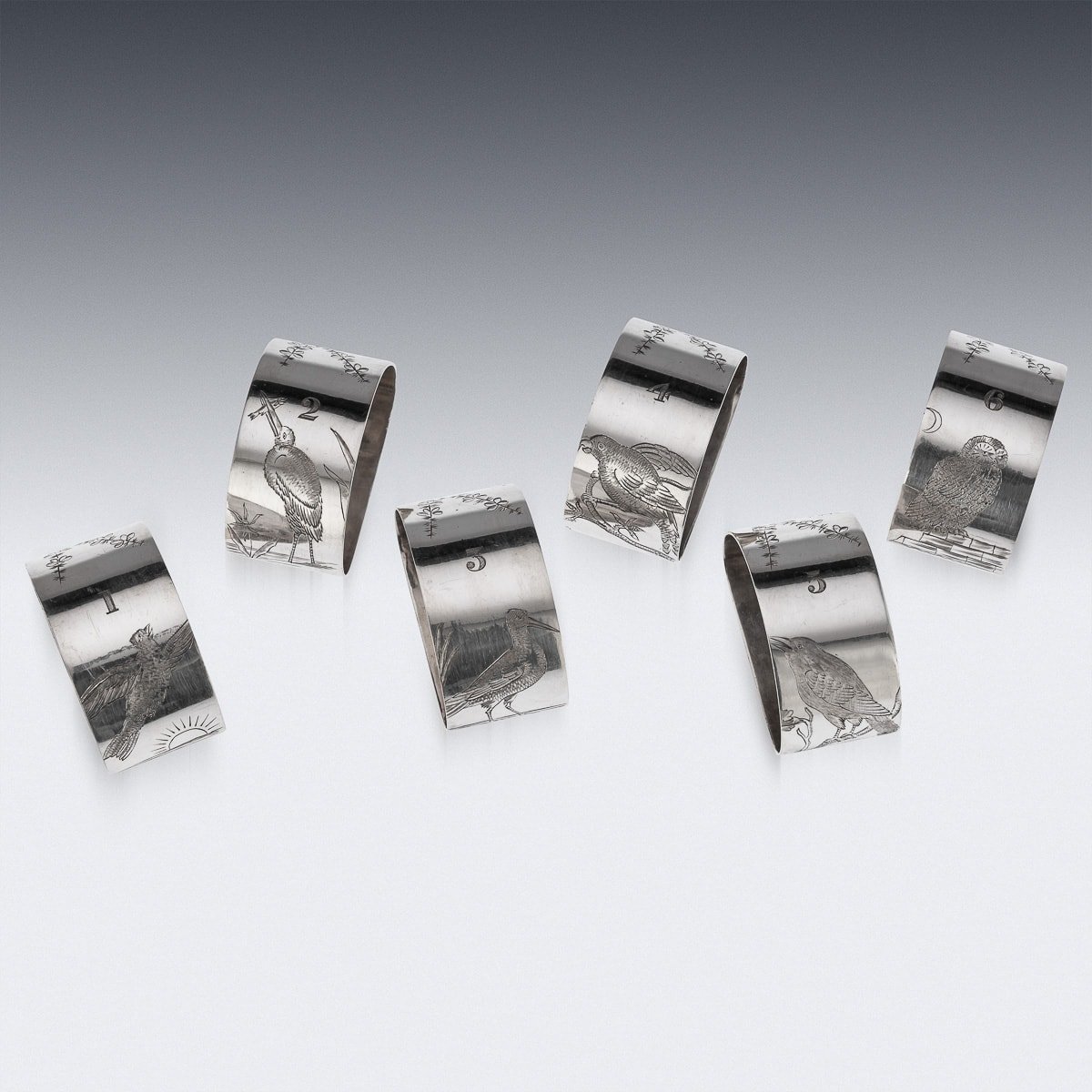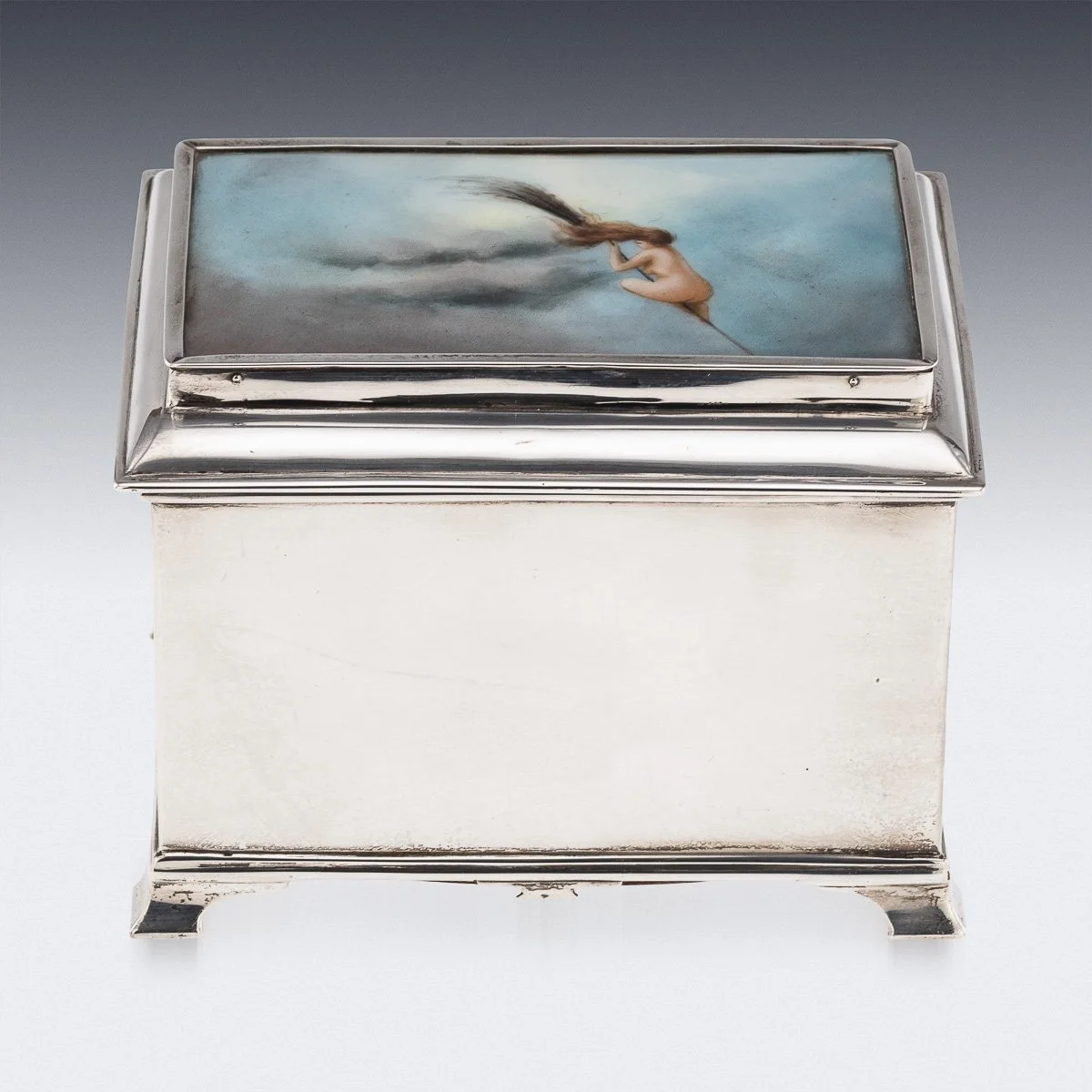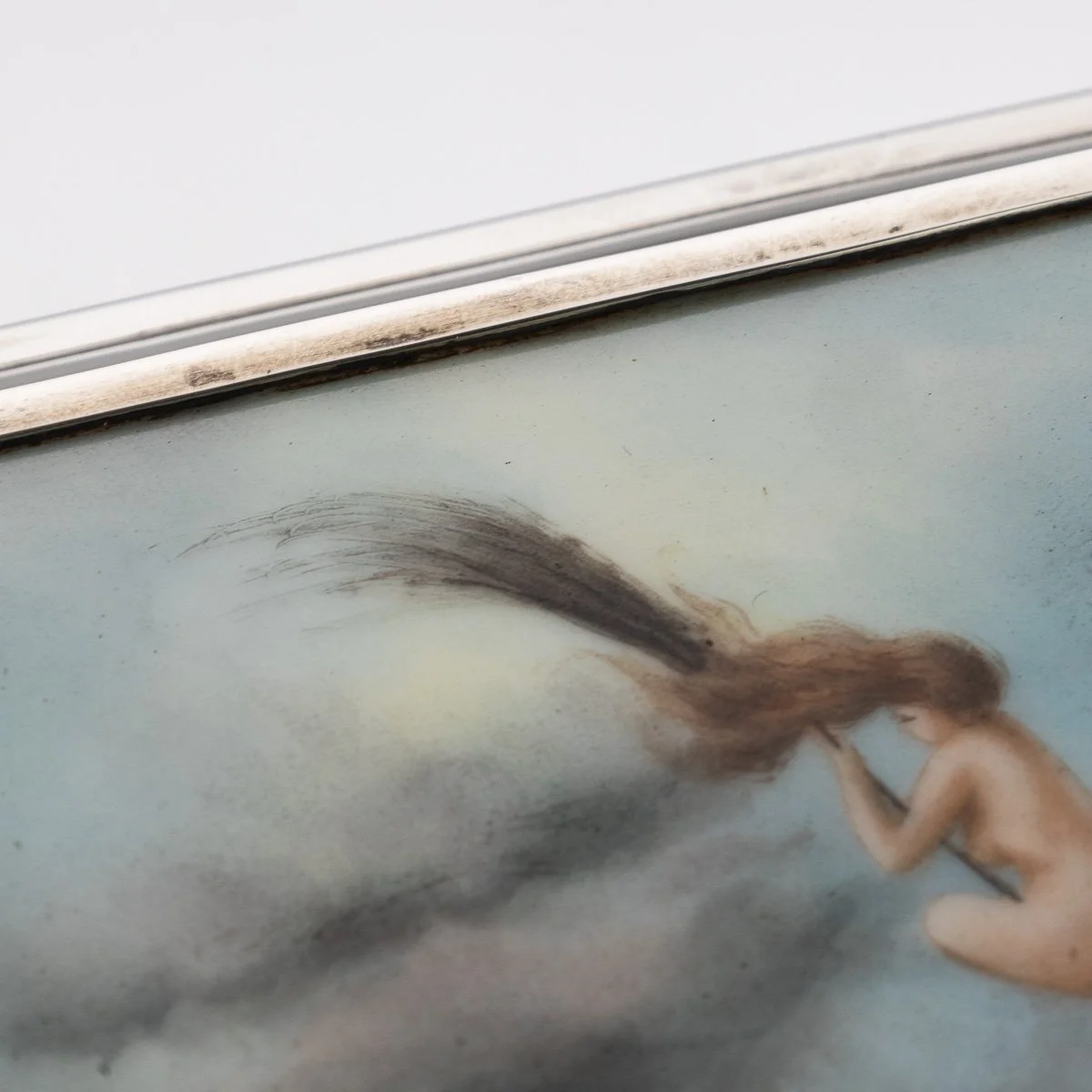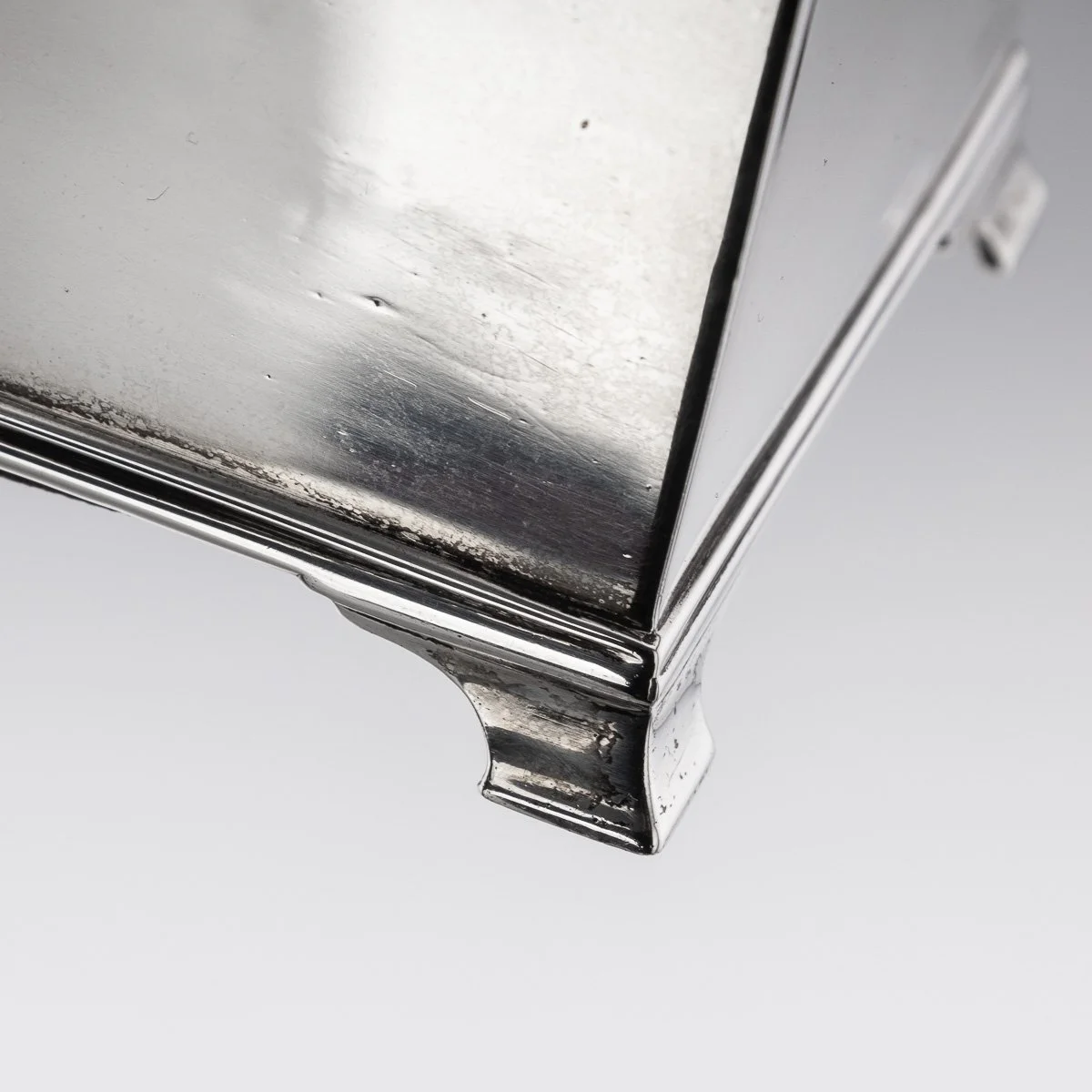ADDITIONAL INFORMATION
A little about the maker, the story of Finnigans began in 1830 when Benjamin Finnigan, initially trading under the name Brian B Finnigan, established a workshop in Newton Street Mill and a shop at 15 Market Street in Manchester. Finnigans quickly earned a reputation for producing high-quality dressing cases and travelling trunks. That same year, Benjamin Finnigan registered marks with the Chester and London assay offices. Following his death in 1868, his son William Finnigan took over the business, marking the second generation of the family firm. In 1879, William expanded the business by opening a Finnigans shop on New Bond Street in London. The shop attracted prominent American millionaires such as the Vanderbilts, Rockefellers, and Fords.
Across from Finnigans on Bond Street was Asprey, leading to a friendly but competitive rivalry that spurred innovation. Initially focused on leather goods and saddlery, Finnigans later branched out to include clocks, watches, and silverware. In 1901, Finnigans Ltd registered marks at the London, Sheffield, Chester, and Dublin offices, followed by the Birmingham Assay office in 1904. Brian Finnigan, representing the fourth generation, took over as manager in 1938. He expanded the business internationally, establishing a significant export market in the Caribbean, New York, and Canada. After World War II, Brian's cousin Peter joined him, and together in the 1950s, they pioneered the trend of relocating city stores to suburban areas, moving the Manchester store to Wilmslow. The New Bond Street store in London closed in 1968, and Finnigans continued as a family business until it shut down its last store in 1988, following a buyout by Hoopers. Today, Finnigans Ltd is owned by Luvanis, a company specialising in reviving dormant brands.
CONDITION
In Good Condition - The silver hallmarks have been rubbed. Please refer to photographs.
SIZE
Height: 12 cm // 4.7 inches
Diameter: 13 cm // 5.1 inches




